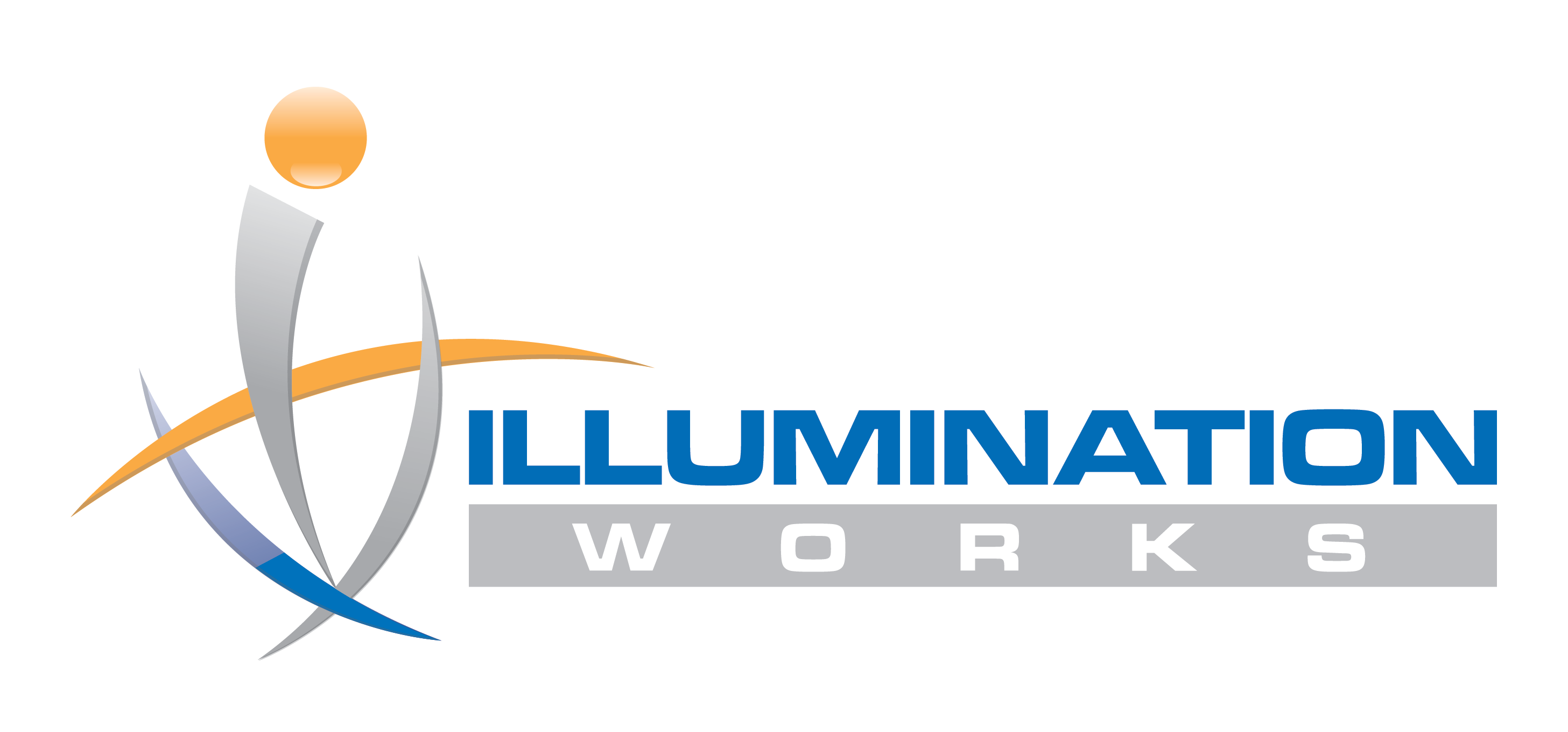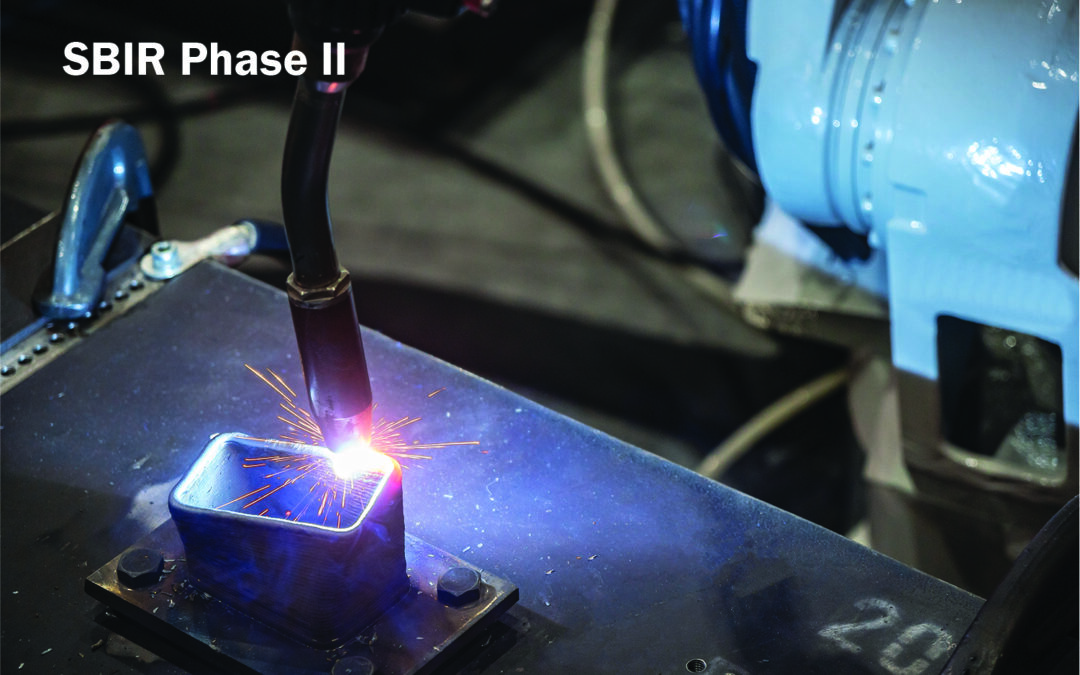Illumination Works (ILW) is proud to announce our Phase II Small Business Innovative Research (SBIR) award with the Army to mature and optimize our Linnea Part Printability Recommendation System to a production-ready capability.
The Army seeks an artificial intelligence (AI)-enabled decision support tool for additive manufacturing (AM) engineers to speed the identification of parts suitable for AM. Presently, Army AM engineers spend innumerable hours manually searching the Army’s Product Lifecycle Management (PLM) systems to review and analyze technical and logistics data to determine part printability, which is inefficient and costly.
Phase I: Feasibility & Proof of Concept (TRL 3)
Through the Phase I effort awarded in 2022, our data science team confirmed the feasibility of our Linnea Part Printability Recommendation System to automatically process engineering data and predict the suitability of parts for additive manufacturing (AM). Phase I activities validated both the Army’s need for an AI-enabled decision support tool for part printability as well as the technical feasibility of Linnea serving machine learning (ML)-driven recommendations to Army engineers for part candidacy.
ILW confirmed Linnea’s automated pipeline to process 2D and 3D engineering data, perform feature extraction and analysis, and apply decision rules and ML classification to predict AM suitability with 90% accuracy. ILW’s successful Phase I effort established the technical feasibility of Linnea’s major components and achieved technical readiness level (TRL) 3.
Phase II: Production-Ready System (TRL 6)
Our team is well-positioned for Phase II success to build a TRL 6, production-ready capability and enable additional enhancements. During Phase II, ILW will mature and optimize the 2D/3D Feature Extraction and Analysis Pipelines to improve processing time and incorporate additional part complexity features (convexity defect analysis, topological data analysis), expand the decision rules encoded in the Classification Engine, and train/test ML classifiers to handle 2D and 3D engineering data inputs, and predict part printability with 90%+ accuracy. ILW will also design and implement a user interface (UI) to seamlessly integrate into Army AM engineers’ workflow and speed their part printability decision making as well as expedite the generation of part printability reports.
At Phase II conclusion, Linnea will provide a much needed enabling technology to Army engineers, providing significant cost savings in both manpower and spare procurement as well as increase operational readiness.
ILW’s Linnea determines the suitability of parts for AM from both 2D scanned drawings created decades ago and from 3D models being built from modern CAD systems. Linnea supports the Army’s mission by facilitating maintenance of existing equipment in the field as well as equipment currently being designed using digital engineering techniques.
Read more about our SBIR Phase I Feasibility & Proof of Concept (TRL 3)
- Customer Challenge
- Innovative Solution
- Benefits/Outcome
- Business Value
- Technical Toolbox
- Domain Expertise
Phase II: Key Benefits
- Expands upon ILW’s existing TRL 3 solution to automate present-day manual processes in the Army’s part printability decision cycle, reducing the hands-on, person-driven analysis by 80%+ and reaching TRL 6
- Applies highly accurate AI/ML algorithms to predict AM part candidacy
- Increases pool of candidate parts for AM through automation
- Accommodates 2D and 3D data inputs, enabling automatic recommendations for part printability for a wider swath of items
- Integration of Linnea with the Army PLM to enable automatic ingestion of engineering data, greatly improving process efficiency
For more information, contact Jan Turkelson, Vice President, Government Division.
Check out other Data Science Case Studies and SBIRs.
Our Culture
Open Jobs
Data Science
About Illumination Works
Illumination Works is a trusted technology partner in user-centric digital transformation, delivering impactful business results to clients through a wide range of services including big data information frameworks, data science, data visualization, and application/cloud development, all while focusing the approach on the end-user perspective. Established in 2006, ILW has offices in Beavercreek and Cincinnati, OH.

